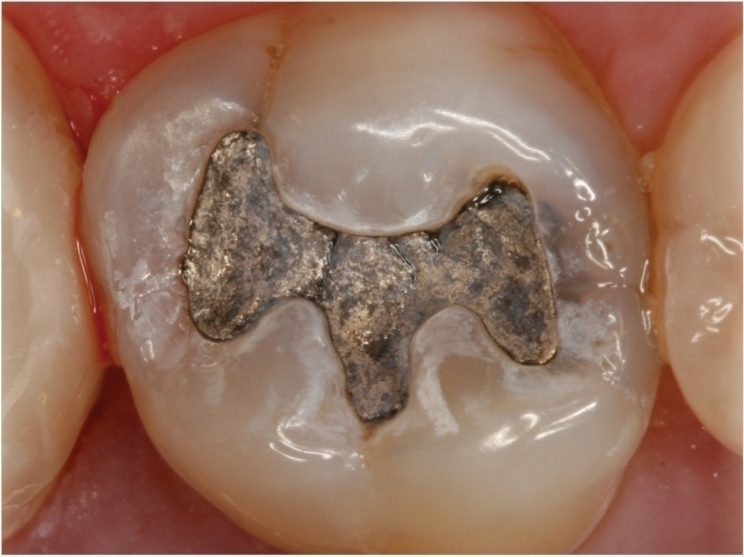
The Environmental Protection Agency (EPA) July 14 deadline for amalgam separator installation remains in place, though there will be a temporary policy regarding its enforcement during the COVID-19 pandemic.
According to the EPA, its temporary enforcement discretion policy will apply to civil violations and address different categories of noncompliance differently. Under the policy, the EPA does not expect to seek penalties for noncompliance with routine monitoring and reporting obligations that are the result of the pandemic.
However, the EPA does expect operators of public water systems to continue to ensure the safety of drinking water supplies. The policy describes the steps that regulated facilities should take to qualify for enforcement discretion as well.
“EPA is committed to protecting human health and the environment, but recognizes challenges resulting from efforts to protect workers and the public from COVID-19 may directly impact the ability of regulated facilities to meet all federal regulatory requirements,” said EPA Administrator Andrew Wheeler.
“This temporary policy is designed to provide enforcement discretion under the current, extraordinary conditions while ensuring facility operations continue to protect human health and the environment,” said Wheeler.
The EPA’s Final Rule requires dental practices that place and discharge amalgam and discharge water into publicly owned treatment works (POTWs) to install and use amalgam separators by July 14, 2020. About 103,000 of the approximately 130,000 dental offices in the United States use or remove amalgam and send their wastewater to POTWs, the EPA said.
Amalgam includes mercury, which the EPA considers a neurotoxin with a wide range of health effects. Once released into the aquatic environment, it can become methylmercury and accumulate in fish and shellfish. The EPA expects compliance with the Final Rule to reduce the discharge of mercury into POTWs by at least 5.1 tons per year.
The ADA thanked the EPA for its flexibility in enforcing the Final Rule and its deadline.
“Your temporary enforcement discretion policy will help a number of dentists whose practices have been substantially impacted by this extraordinary public health crisis,” said ADA president Chad P. Gehani, DDS, and executive director Kathleen T. O’Loughlin, DMD, MPH, in a letter to Wheeler.
“It is difficult to justify spending thousands of dollars to install a separator by July 20 when many dentists have had to either close their offices or operate on a very limited schedule. In fact, many dentists are struggling just to pay their bills,” said Gehani and O’Loughlin.
“No one should have to choose between keeping their staff on payroll, paying for an expensive piece of new equipment, or closing their business entirely. We therefore appreciate your willingness to be flexible in enforcing certain federal environmental compliance obligations during the COVID-19 outbreak,” they said.
The EPA expects regulated facilities such as dental practices to comply with regulatory requirements where reasonably practicable and to return to compliance as quickly as possible. To be eligible for enforcement discretion, the policy also requires facilities to document decisions made to prevent or mitigate noncompliance and demonstrate how the noncompliance was caused by the pandemic.
The policy does not provide leniency for intentional criminal violations of law, nor does it apply to activities carried out under Superfund and RCRA Corrective Action enforcement instruments. The policy will apply retroactively beginning on March 13, 20202. The EPA said it will assess the continued need for and scope of the policy on a regular basis and update if necessary.
Related Articles
What You Need to Know About the EPA’s Dental Amalgam Rule
Oral Health Groups Debate Dental Amalgam During FDA Hearing
Minamata Convention Debates and Rejects Dental Amalgam Ban











